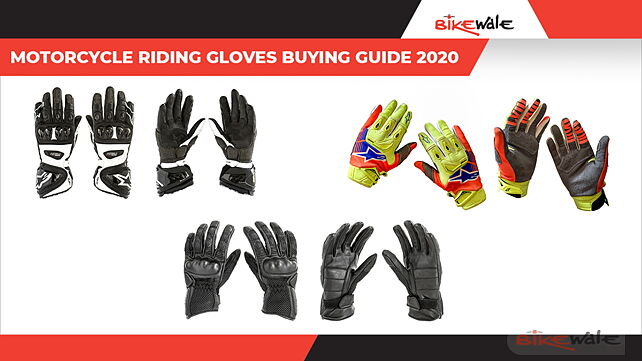
Introduction
In the third edition of our motorcycle gear buying guide for 2020, we are talking riding gloves. Gloves are the most affordable piece of riding gear one can buy. And apart from protection, these have other benefits too. For instance, in today's world with the virus scare, these add a layer between your hands and whatever else you might touch from the motorcycle to the wall to fuel receipts and even cash.
But, even without the virus scare, gloves can help dampen some of the handlebar vibrations. These can protect your hands from getting a tan. And, these are also handy against the morning chill, road debris being flung at you by the vehicle in the front, or against the paan spit from the uncle in the bus. And did I mention they make you seem like a serious motorcyclist?
And as with our previous two guides, we will tell you the pros and cons of each glove type, and when and where should you use one.
Glove Types
But, it’s not as simple anymore as walking into a motorcycle store or logging onto an online store and picking up the first pair you see. As with almost all types of motorcycle gear, buying gloves has become a complicated affair. There’s a style, type, and make to suit everything from hitting the racetrack to going grocery shopping.
But, we feel three broad types cover them all. You have the full gauntlet gloves, the short cuff gloves, and the offroad gloves. Three distinct styles, and three very clearly defined usages. Within these, types are split based on the material used; whether these can keep your hands dry in the rain and warm in the cold; and if they swing towards comfort or stiffness.

Full Gauntlet Gloves
Pros: Great coverage for added protection against abrasion and in some cases impact as well. The fit is more secure. There’s easily more protective technology that comes standard with these gloves. Plus, full gauntlet gloves offer a lot of variety to choose from. You have ones with added knuckle, finger, and wrist protection to be used for trackdays. Then there are the ones designed to keep the water and cold out when riding in the mountains or through the south Indian monsoon. And one can also choose full gauntlet gloves with different materials based on what’s more important on a given ride – comfort or protection.
Cons: These are, as a rule of thumb, more expensive than both the short cuff and the off-road bias gloves. These are also more cumbersome to wear, to pack, and to work with. And unlike helmets and boots, where size remains true across most brands, in gloves, depending on the cut, the material, and the protection two gloves of the same size and the same make, might still not fit the same. And it is truer for the full gauntlet types than the other two. Add to it the extra monies one has to shell out for these gloves, and getting the fit wrong, as a result can be awfully frustrating.
When to wear: Full gauntlet gloves should be your only option on trackday outings. These are also a must-wear if you intend to ride spiritedly up and down your favourite twisty road. And, of course, if you want good weather protection – rain, cold, wind, the works, then too, full gauntlet is the way to go.

Short Cuff Gloves
Pros: Easy to put on and take off. Generally, these are more comfortable than full gauntlet ones once you don them as well. These are also lighter, easier to store, and of course, cheaper to buy. And if you are anti-leather, there are some good, high-on-protection alternatives too in the short cuff space. Now, we don’t recommend this, but if you choose to ride in Tees, short cuffs look much better than full gauntlets, so they score higher as a style statement as well.
Cons: The most obvious shortcoming of a short cuff compared to the full gauntlet is the lack of appropriate protection in case of a crash involving a slide. There’s always a chance of your jacket arm being pulled up in a slide exposing your skin around the wrist area for high degree burns. There’s also no real impact protection for your wrist, even for the mildest of impacts.
When to wear: Short cuff gloves, as it turns out, are remarkably flexible in the way you can use them. For starters, the same pair of short cuffs will work for you equally well on a scooter, a commuter, a large-engined cruiser, and even a relaxed tourer. These also work on ADVs. So, be it cross country touring in the summers or going grocery shopping to the Vermas, short cuffs can do it all.

Dirt / MX Gloves
Pros: These are short cuff gloves, but without the bulk of their street cousins. These are light, full of feel, and supremely well vented. These are also easy to wear, easy to pack, and cheap to buy. Plus, these are so easy to work with, you never really need to take them off on a ride be it for using your phone, your wallet, holding a cup of coffee, spooning through a cheese cake, or even working on your motorcycle.
Cons: The protection offered by dirt gloves is seriously limited. There’s barely any impact protection. And even against abrasion, these can at best hold back something like mud, sand, and possibly gravel can through at it, at slow speeds. These also wear out really soon.
When to wear: Mostly for trail riding. Maybe even for the grocery run. And possibly on the daily commute; if you aren’t riding anything frighteningly fast or anything at a frightening pace.


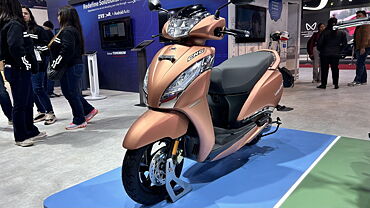
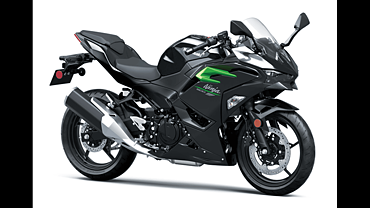
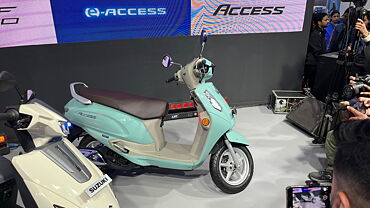
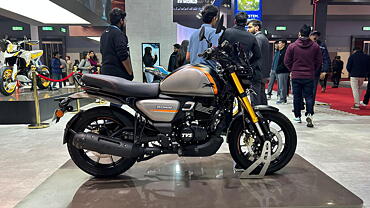
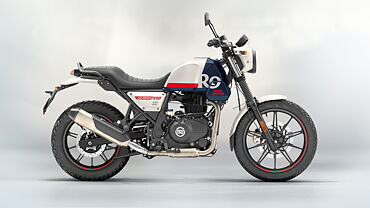
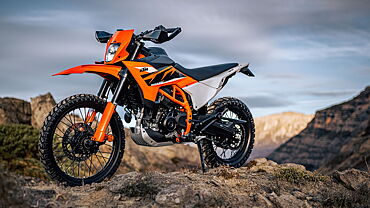


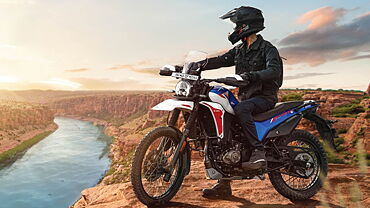




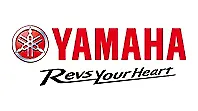

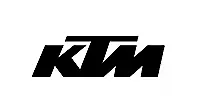



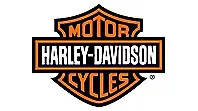













































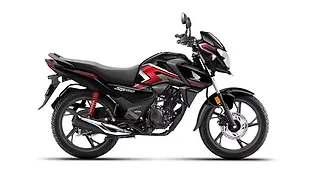

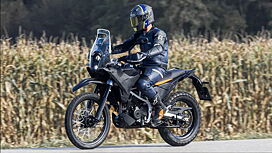

![KTM 390 Adventure X [2025] KTM 390 Adventure X [2025]](https://imgd.aeplcdn.com/272x153/n/cw/ec/190885/390-adventure-x-2025-right-side-view.jpeg?isig=0&q=80)